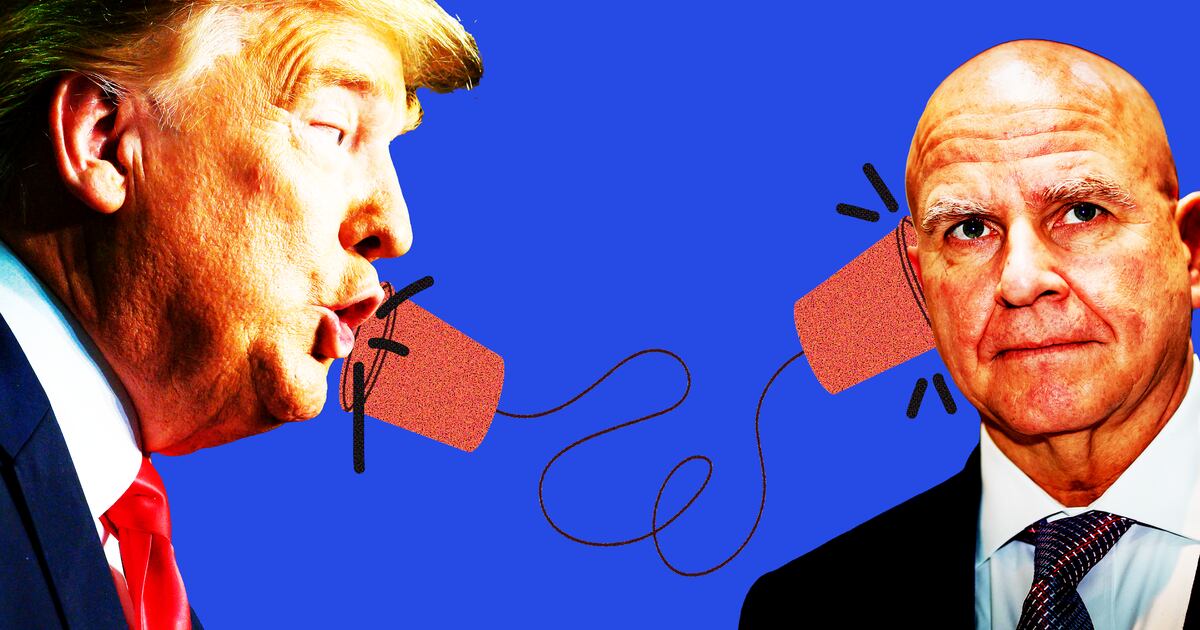
Democrats were inches away from the health-care finish line until Scott Brown’s Election Day upset. Benjamin Sarlin lays out their remaining options—from getting the House to pass the Senate bill to ramming through the bill through using reconciliation.
After months of debate, lawmakers seeking to pass health-care reform are tantalizingly close to the goal line. But Democrats have found a way to snatch defeat from the jaws of victory—by blowing a Senate race in deep-blue Massachusetts and in so doing handing Republicans the necessary votes to filibuster the final bill. Are their heath-care efforts all for naught?
Not necessarily. While the Democratic Party’s doomsday scenario—a Scott Brown victory—is now a harsh reality, there is a clear path lawmakers could use to sneak through health-care reform by building off the Senate's already-passed bill.
Perhaps the most appealing possibility on paper before Tuesday was simply to rush a compromise bill through Congress before Brown takes office. It takes as long as two weeks, by Massachusetts law, to certify an election, and Democrats already rejected seating two of their own members—Sens. Al Franken and Roland Burris—until they received state certification. If lawmakers quickly sent a bill to the Congressional Budget Office to be scored, they could potentially put the measure to a vote just under the wire.
Some Democrats, including Rep. Chris Van Hollen (D-MD), have suggested passing the entire health-care bill through reconciliation—even before the Brown debacle.
But such a move was always vulnerable to death by a simple “no” from any one senator uneasy with the move, and one has now come forward. No, not Joe Lieberman, but Virginia's Jim Webb (D-VA), who issued a brief statement last night declaring that "it would only be fair and prudent that we suspend further votes on health-care legislation until Senator-elect Brown is seated.”
• Peter Beinart: Why the Dems Must Pass Health Care • Samuel P. Jacobs: Massachusetts Miracle With that option likely dead, the simplest route would then be for the House to pass the Senate’s legislation, which would send health-care reform to the president’s desk—and fast. But many progressive members had already ruled out the Senate version long before the Coakley loss, sparking fevered negotiations in recent weeks to get them on board. Some pundits, such as The Atlantic’s Marc Ambinder, are also predicting a fatal freakout in the Democatic caucus as pundits portray the Massachusetts election as Armageddon for swing-state Democrats, which could cost the House the necessary support for any such deal.
House leaders were already laying the groundwork for difficult decisions before the results came in on Tuesday. House Speaker Nancy Pelosi pledged over the weekend that “we will have health care—one way or another,” while Majority Leader Steny Hoyer (D-MD) told reporters that “the Senate bill clearly is better than nothing.”
Some rank-and-file members, including Rep. Anthony Weiner (D-NY), have expressed serious doubt about such a maneuver. But, in an encouraging sign for the White House, as of late Tuesday night these declarations have referred almost exclusively to what other Democrats might do. No Democrats who previously voted for health care have publicly—or even anonymously—declared their own votes entirely out of play as a result of the election, save for perhaps Rep. Bart Stupak, who is trying to obtain stricter provisions on abortion. At least not yet—meaning that their declarations may be more about gaining leverage in coming negotiations with the White House.
Backing the Senate bill is a bitter pill for many progressive members and some conservative Democratic members of Congress, who expected concessions en route to a final vote. Yet there are ways to address some of their concerns: Using a budget process known as reconciliation, the Senate could later pass elements of the current compromise deal with only a bare majority, giving Democrats in the House a face-saving win. Under such a method, only bills that have a direct impact on federal expenditures are allowed, but the meat of the Democrats’ compromise package—an agreement to modify taxes on high-end insurance plans—would likely qualify as such.
Other elements of a compromise could be more difficult. Marty Paone, the former Democratic secretary for the Senate, told The Daily Beast that lawmakers “probably wouldn’t be able” to include deals on abortion or immigration in such a bill that might be necessary to keep conservative members of the House on board. An agreement to implement a national health-insurance exchange instead of state health-insurance exchanges also might not be possible. Democrats could pledge to try other methods to get such provisions through at a later date, taking advantage of a long window before many of the changes proposed in health-care legislation take effect.
“If it doesn’t qualify under reconciliation, perhaps it could be added to another bill,” Paone said, suggesting a war supplemental as one possibility. “So it’s not the end of the world.”
Not everyone believes that reconciliation is a dead end for such issues, however.
“It depends,” Stan Collender, a former aide for both the House and Senate budget committees, told The Beast. “Suppose the abortion language was deemed by the parliamentarian as reducing government expenditures [on health care]... It might be very possible, but it would require very careful drafting.”
Some Democrats, including Rep. Chris Van Hollen (D-MD), have suggested passing the entire health-care bill through reconciliation—even before the Brown debacle. But experts warn that such measures could result in weak legislation, with key elements potentially dropped.
“I don’t think anyone could nail down whether reconciliation could work, but I think it’s a lot more complicated than we’re assuming as a fallback position,” said Sarah Binder, a senior fellow at the Brookings Institution.
Collender added that passing the Senate’s version of the bill immediately is still the most “doable” option.
“The path of least resistance, at least from a parliamentary point of view, is for the House to pass the Senate version,” he said. “What you do after becomes a secondary effort to clean things up.”
Benjamin Sarlin is a reporter for The Daily Beast. He previously covered New York City politics for The New York Sun and has worked for talkingpointsmemo.com.





